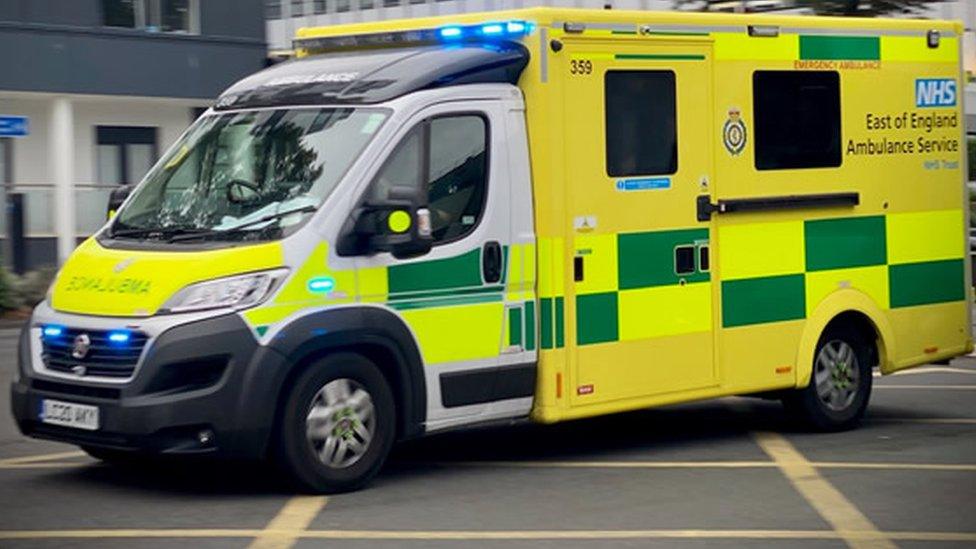East of England Ambulance Service declares critical incident
- Published
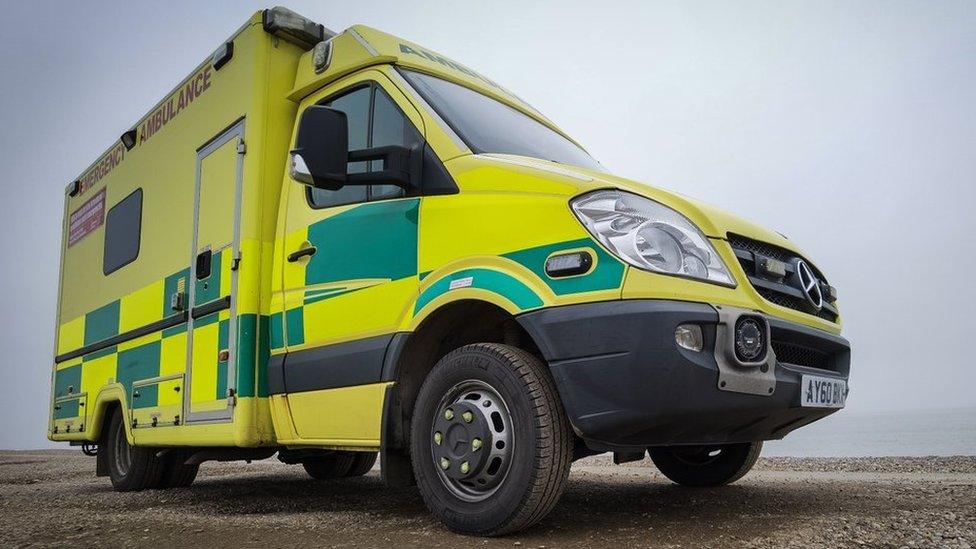
The NHS ambulance trust, which covers six counties, was managing "extreme demand" it said
The East of England Ambulance Service (EEAS) has declared a critical incident following "huge pressure" from 999 calls and hospital handover delays.
The NHS service said: "We can ensure our resources are focused on patients, external with the greatest need, as well as allow us to access wider support from our health and care partners."
It said staff were working "incredibly hard in challenging circumstances".
Other health services said they were also "experiencing major pressures".
The ambulance service, which covers Bedfordshire, Cambridgeshire, Essex, Hertfordshire, Norfolk and Suffolk, said it was responding to calls and incidents as quickly as possible.
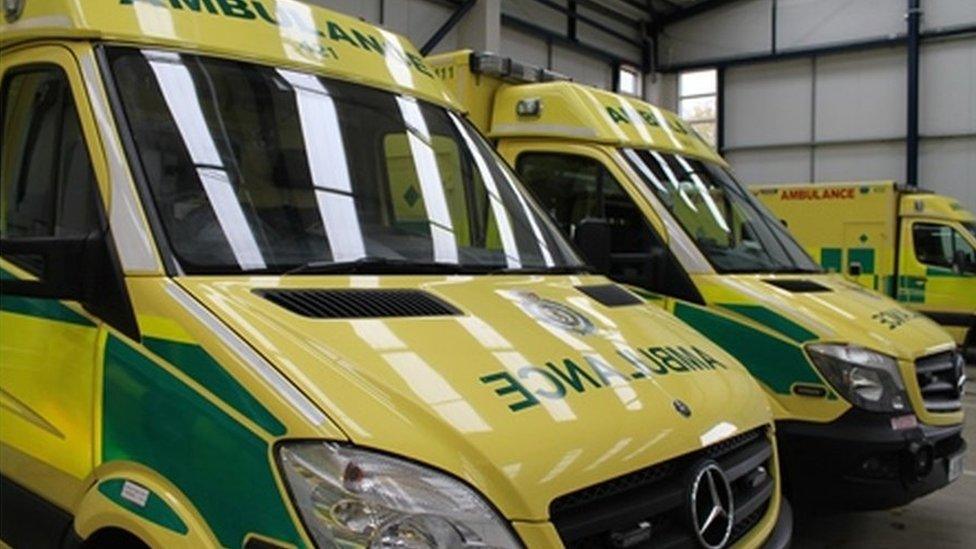
Some people said on social media that they had waited several hours for an ambulance to come
"If you need to contact us because of a life-threatening condition or serious injury, then call 999," the service added.
"For everything else, we would urge you to please use 111 online, speak to your GP or use a minor injuries centre."
It said a critical incident allowed the service to manage extreme demand, and added that in October it was on the verge of declaring a "major incident".
"It makes certain actions possible, including asking NHS colleagues to make releasing EEAS crews a priority, prioritising the sickest patients and those unable to make their own way to hospital, and cancelling some staff meetings, training and assessment," it said.
Comments on social media said one family had been waiting six hours for an ambulance for a their 92-year-old grandmother, and another had waited 11 hours for an ambulance that never came on Saturday night for their son.
'Extremely long wait'
The Hertfordshire and West Essex NHS Integrated Care Board (HWEICB) said the situation was so serious that "health bosses and the most senior doctors and nurses" had united to appeal to the public.
It said A&E departments at the Princess Alexandra Hospital in Harlow, Lister Hospital in Stevenage and Watford General, along with community health services and GP practices, were all stretched by the number of people calling for help.
Dr Jane Halpin, chief executive of the ICB, said: "Our services are under extreme pressure, which is why it's vital that everyone understands the urgency of the situation and what they can do to ensure that we protect essential health services for when we really need them.
"If you come to A&E in Hertfordshire with a minor condition or illness, your care will not be a priority and you will face an extremely long wait.
"You may be sent away to visit a GP or pharmacist. If you call 999 for an ambulance and you don't need one, you could endanger the life of another person in desperate need of emergency care."

Find BBC News: East of England on Facebook, external, Instagram, external and Twitter, external. If you have a story suggestion email eastofenglandnews@bbc.co.uk, external
- Published8 December 2022
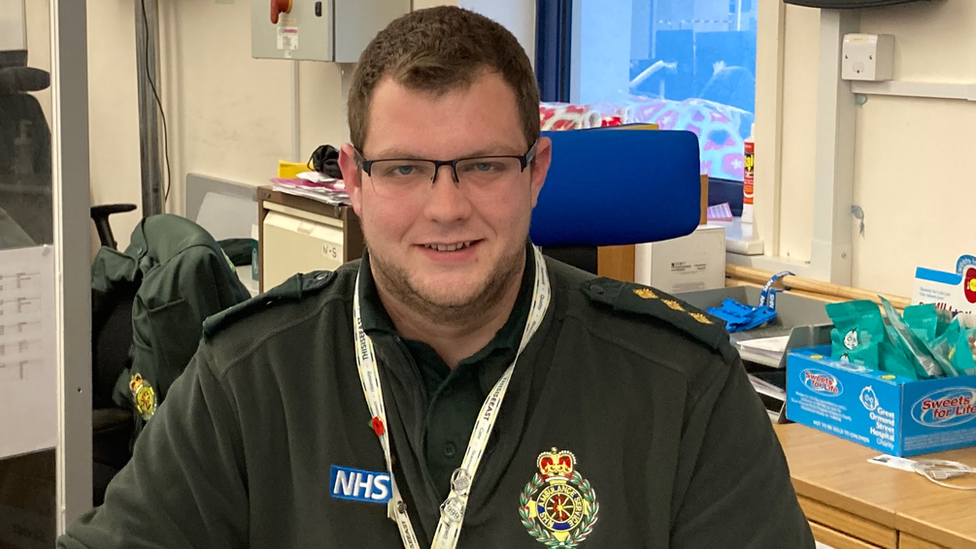
- Published2 December 2022
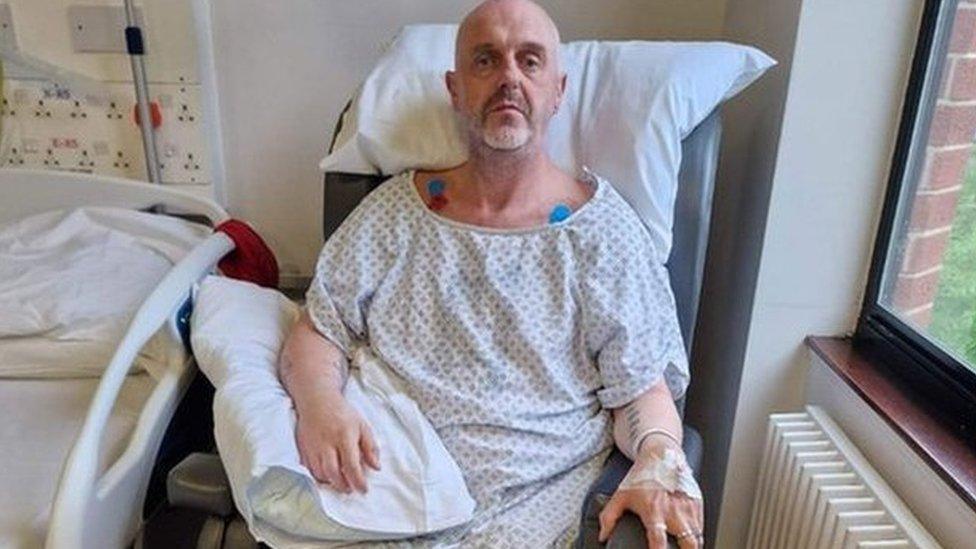
- Published31 October 2022
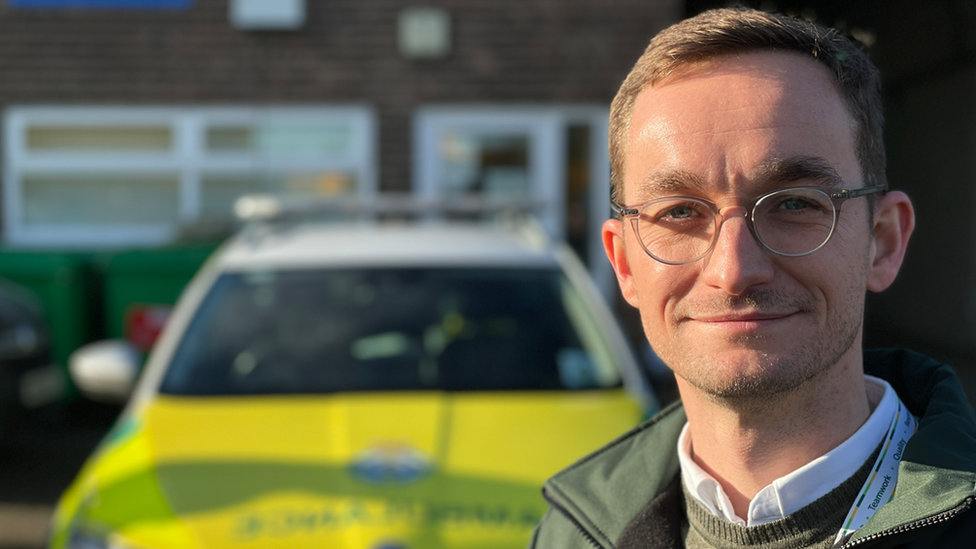
- Published3 October 2022
